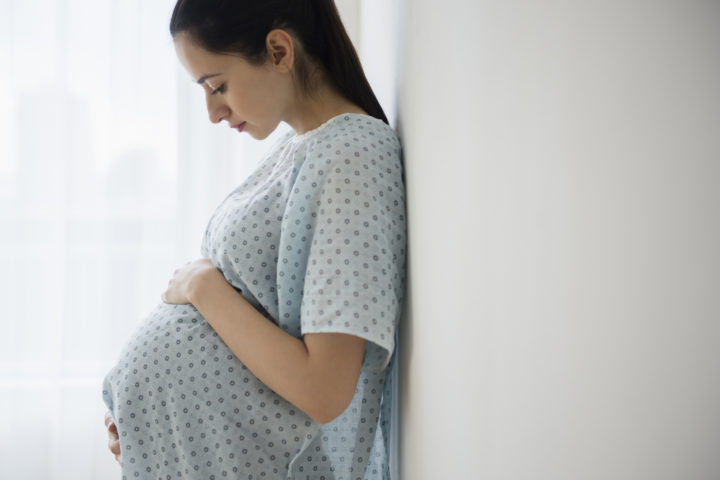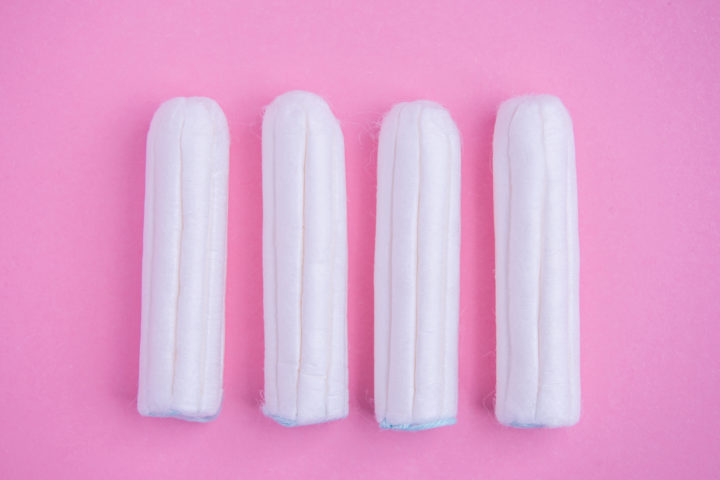Getting adequate vitamins and minerals is vital throughout our lives—especially if you are trying to conceive. Don’t wait until you’re pregnant to start paying attention to your nutritional intake. In fact, there’s a mineral that could play a huge part in helping you become pregnant.
Zinc.
According to researchers at Pennsylvania State University, not having enough zinc in your body can negatively affect the early stages of egg development. That means it impacts the ability of egg cells—also known as oocytes—to divide and be fertilized, which could affect fertility.
Zinc for Fertility
“More and more evidence is accumulating that zinc is a key player in oocyte development,” said lead author James Hester, whose study looked at the effects of zinc on egg development and oocyte maturation.
Hester said that most fertility research and treatment centers on antral follicles, which are the largest ones and ovulate in response to hormones.
“In contrast, our study examines smaller preantral follicles, which are still growing and don’t respond to the ovulatory signal yet. In humans, preantral follicles have to keep growing for about 90 days before they are ready to ovulate,” he said.
“Previous studies showed that zinc levels are critical in the antral follicle, but no one had tested the effect of zinc deficiency on preantral follicle growth,” Hester added.
They collected preantral follicles from mice and let them mature in a petri dish. Next, they compared the eggs matured in a zinc-deficient environment to those grown with normal levels of zinc. They also exposed the zinc-deficient and control eggs to epidermal growth factor to mimic the hormonal environment necessary for post-maturation ovulation.
Preantral zinc deficiency disrupted cell growth, led to smaller eggs in early development, and led to other issues including impairing the egg cells ability to divide—something that has to happen before fertilization can occur.
Zinc a Must-Have for Fertility?
Before you start loading up on multivitamins and zinc lozenges thinking that zinc could be a fertility miracle, here’s the skinny behind the study.
First of all, the study was on mice—not humans. Though the results may be similar in humans if they were to be study, that trial hasn’t been conducted. But the discovery in mice could lead to more research that gives us better insights into boosting fertility, and perhaps we could see a human trial soon.
“This study was done with mice oocytes in cell culture—so we aren’t ready to make any new recommendations for women,” Hester said. He said the study offers a good first step to understand oocyte growth before ovulation.
“Our results really underscore what we already know: women who want to get pregnant should eat a healthy balanced diet and probably take a prenatal vitamin. For that matter, everyone should probably eat better and take their vitamins,” he said.
So, don’t go taking a ton of zinc if you want to get pregnant—it hasn’t been proven as a surefire benefit just yet. How much zinc should you get? About 8mg/day—and 12mg/day during pregnancy and lactation.
“There’s no problem with women trying to get pregnant taking the upper recommendation [about 12 mg/day], but at extremely high levels zinc can interfere with copper absorption and metabolism since they are similarly charged molecules,” Hester explained. Stick with what your doctor recommends, he added.




comments